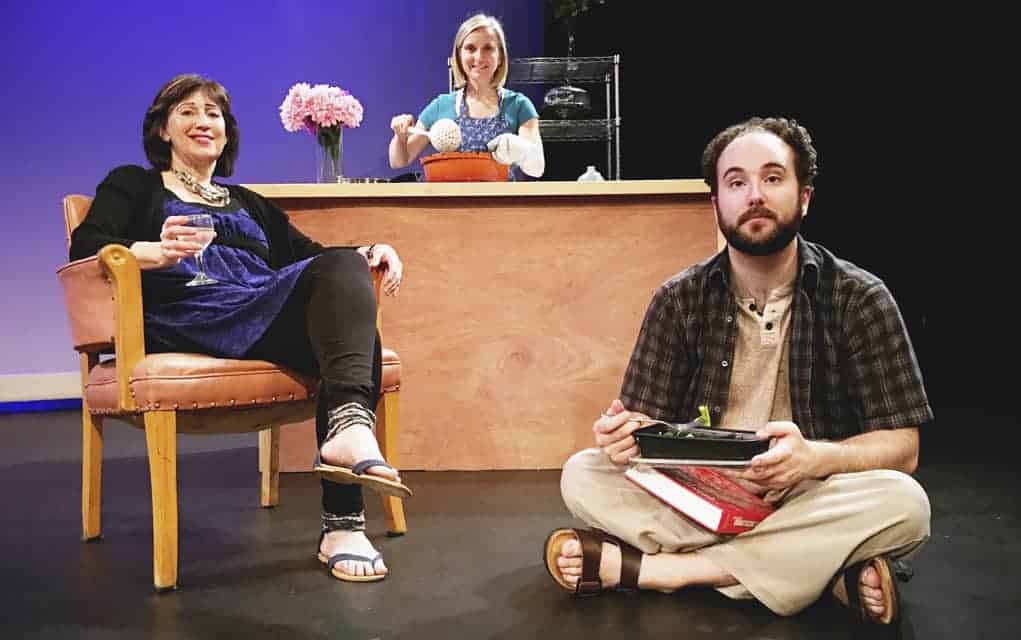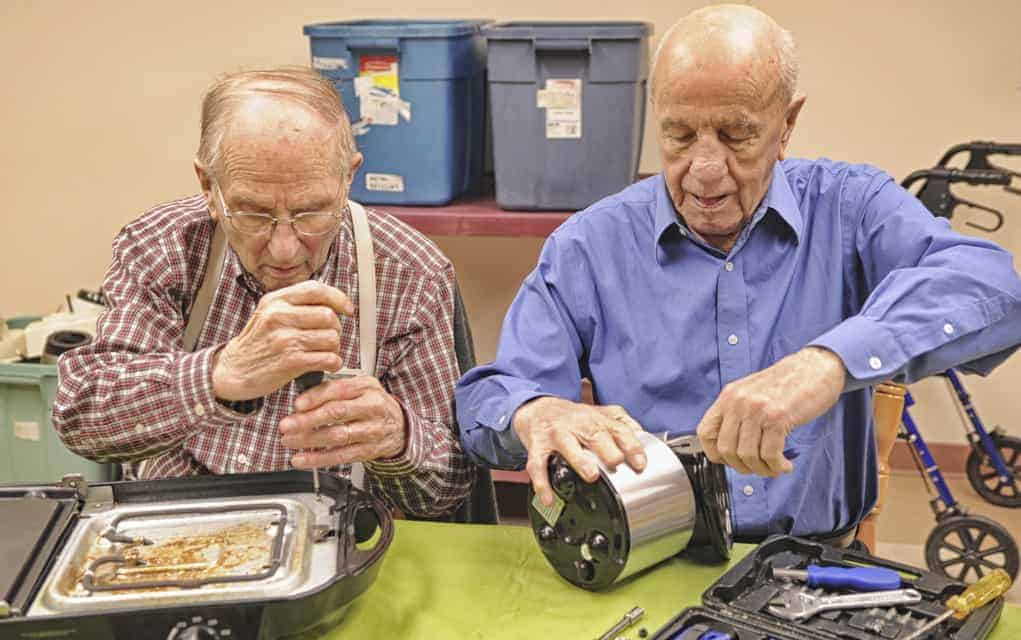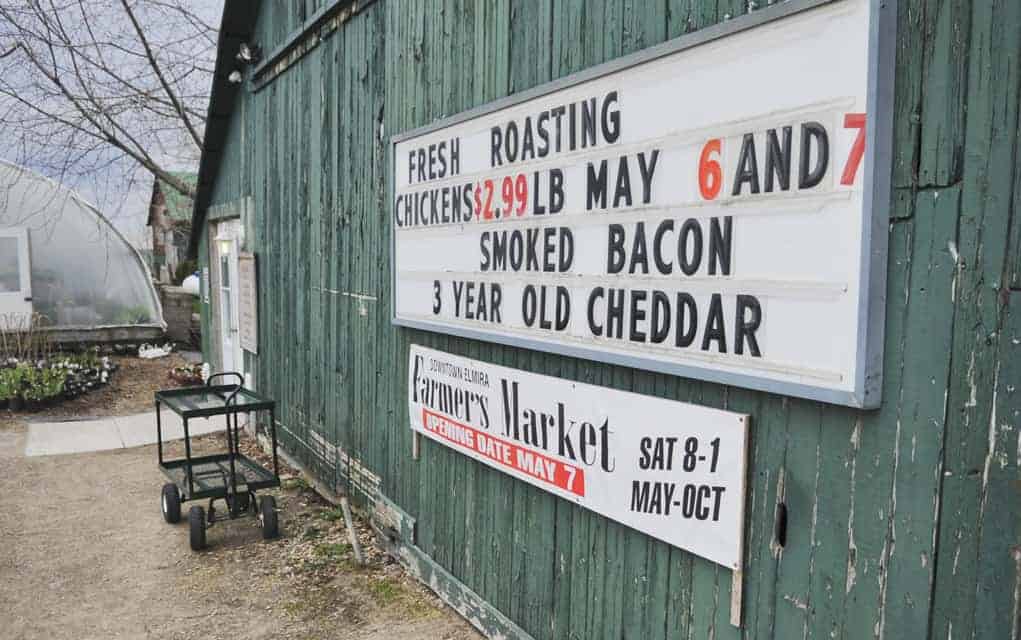The conflicts in the Middle East may seem far removed from Woolwich, but The Registry Theatre is bringing the story to the stage in Kitchener.
Premiering tonight, May 5, The Arab-Israeli Cookbook is a production about the everyday lives of families living in the midst of Israel, the West Bank and Gaza over a meal and casual conversation.
Bruce Cameron, the show’s director, says that the production is a glimpse into people’s kitchens as they tell the audience about their struggles and relationships, all while eating. The format the play takes is unique, as well.
“It is a piece of verbatim theatre, which means that all the words from the play are taken from actual interviews from people. It is a unique style of theatre because what the audience is introduced to, is they meet and get to know a whole variety of characters from all various cultures, social strata, religion, etc. … by hearing their stories and their experiences of life in the Middle East,” he said, adding that the food theme has a unifying aspect that brings down borders.
“It is framed around food, hence the title of the play. The playwright, Robin Soans, when he wrote the play, he spent most of his time and interviews in people’s kitchens, in their shops and in their restaurants, so the food became the central focus that allowed them to tell their story. How they go on in their life with details of what goes on in their lives. The roadblocks, the suicide bombings and just everyday life, with their family relationships and more.”
The show has a large cast of 16 playing 40 different roles. The number of people involved presented a challenge for the actors, says Cameron, but he believes they have done a wonderful job.
“How to separate those roles, when you are playing more than one character, you can confuse an audience. So, the actors have been working very hard to create those different characters, with different accents, different physicality to the characters,” he said. “It has been going very well.”
Another obstacle Cameron has while directing is the amount of food that needs to be prepared, live on stage. It is also a challenge for the actors.
“A lot of the food is actually being prepared, cooked, served and eaten as part of the play,” he said. “It certainly has that realism to it. We are actually cooking on stage, and some of the actors have to learn their particular recipe they are cooking, but it also has to work within the context of their lines and the timing of that. There is no room for error or improvisation because it has to be done by a certain cue. When they say they are chopping this and adding that, that is what they have to be doing on stage.”
Cameron had seen the show around 10 years ago when it first started making the rounds of stages around the world, and it has been in the back of his mind since then. He jumped at the chance to get the rights for the script.
“It is rarely done in North America and it has kind of gnawed at me the last few years. I thought to myself, ‘if I ever have the opportunity to do that, that would be a neat show,’” he said. “It is just so unique from other pieces of theatre and such a diverse cast in terms of age and culture, which makes it neat.”
He says he hopes the audience learns something while watching, and wants them to take some time to reflect on the content after leaving the theatre.
“I think the playwright did a pretty good job of not trying to draw judgment and to introduce you to people and make you realize that, ‘hey, they have perspective here and they have to move on in their lives and maybe in some cases, learn to live with one another,’” he said, adding that the title of the play could be misleading. “It is more than Arab-Israeli. You look at a city like Jerusalem, and some of the play is based there. It doesn’t use the name Palestine in the title, and many of the characters in the play are Palestinian, there are characters with a Christian background, and a significant number in Jerusalem. The play reflects more of the diverse nature of the people living in the Middle East.”
Tickets for the show are $18, or $15 for students and seniors, and are available at www.registrytheatre.com or at the door of the theatre on show night.
The show runs from May 5 to 7 at 7:30 p.m.









